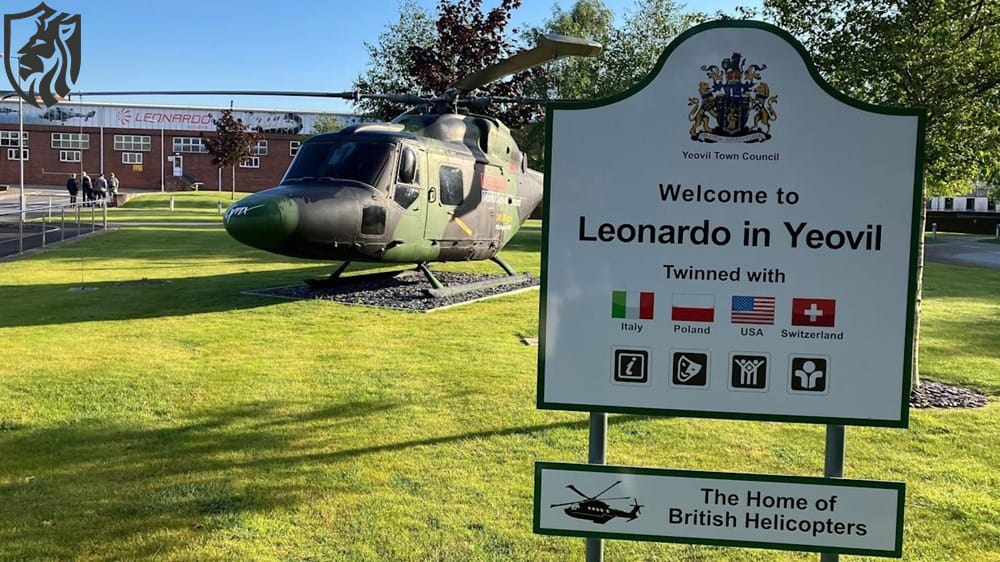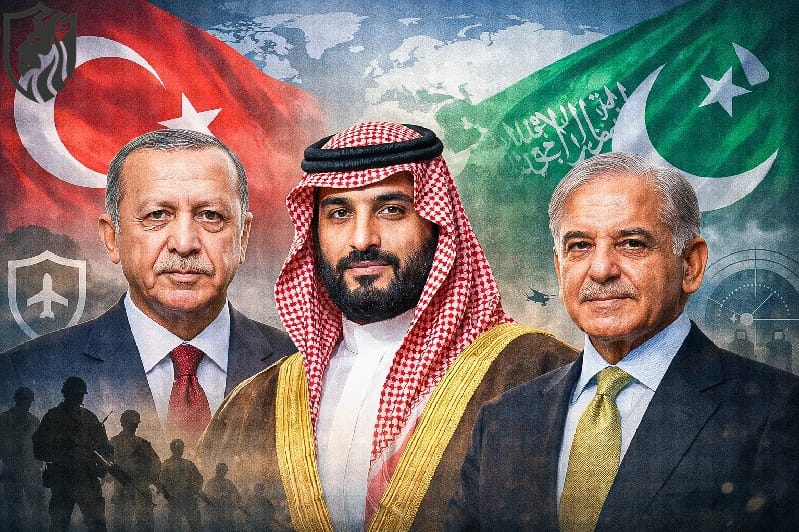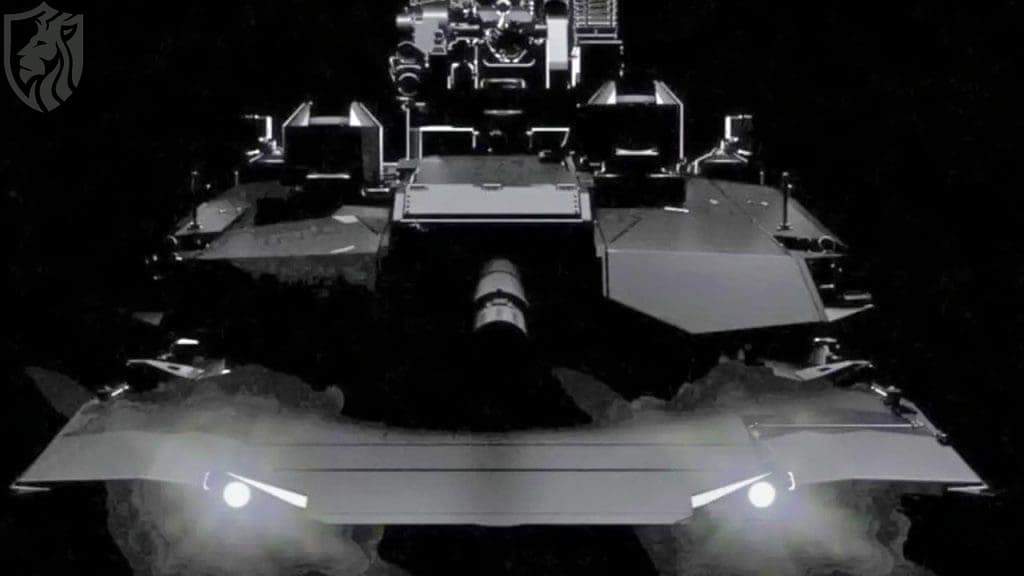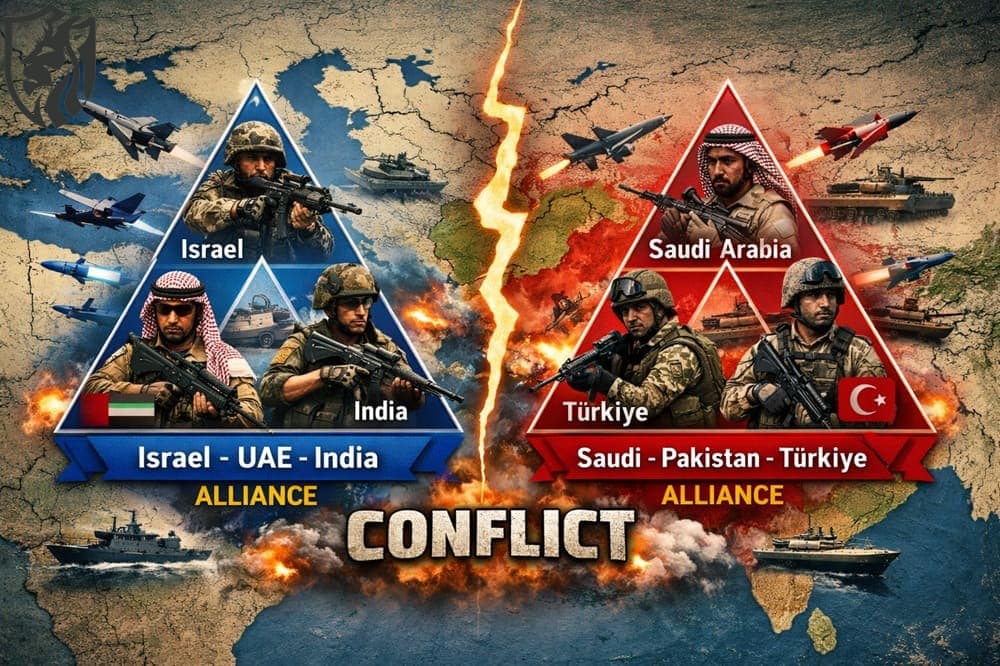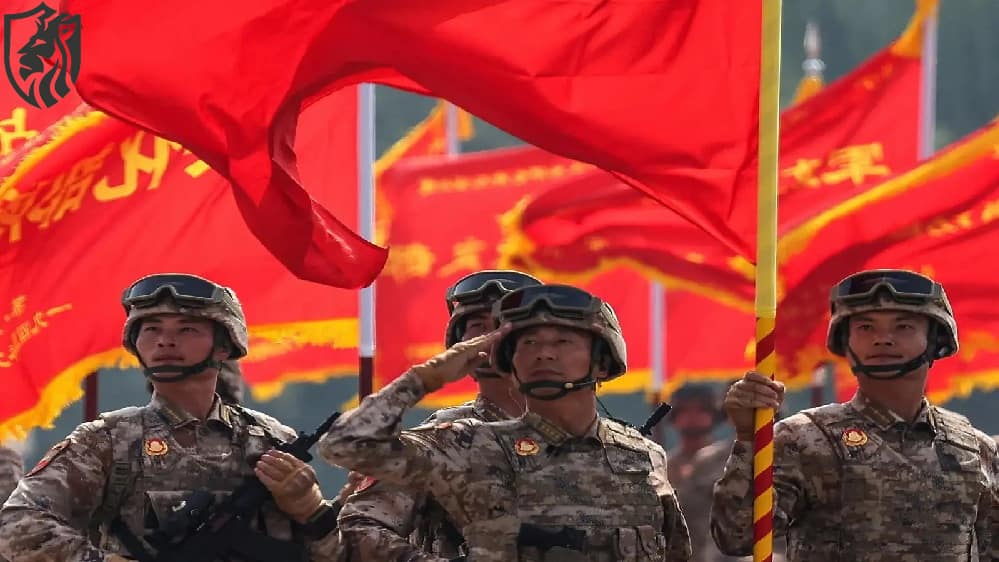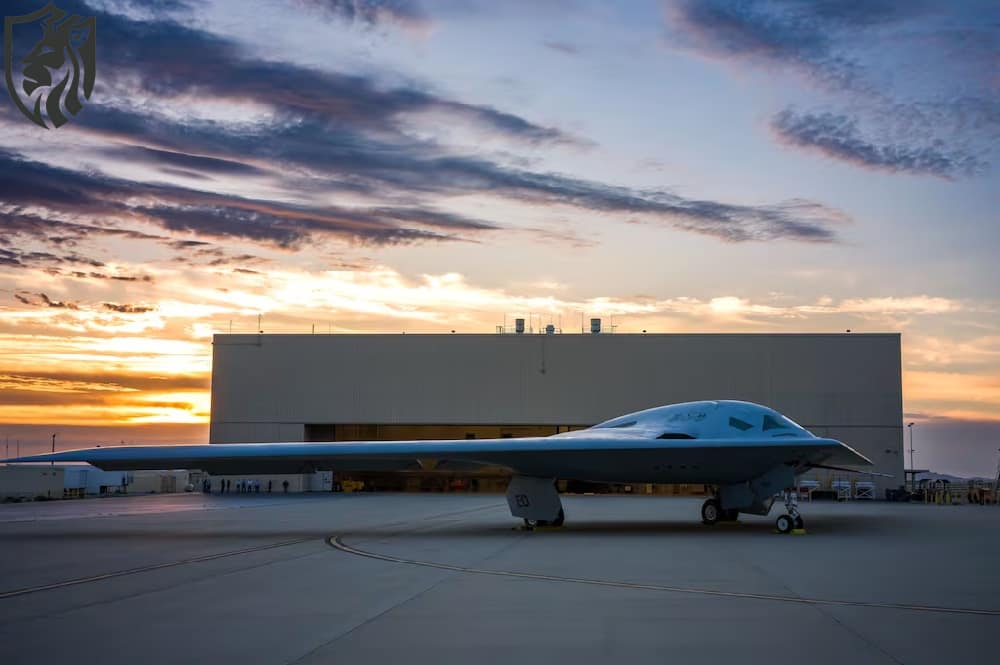UK Deploys Officers to Israel — Gaza Stabilisation Plan
Why the UK move matters
The UK deploys military officers to Israel to embed with a US-led Civil-Military Coordination Center (CMCC). The aim is to stabilise Gaza during a fragile truce. London wants a seat at the planning table; therefore, it has sent a two-star deputy commander and a small planning team. This presence keeps the UK aligned with Washington’s post-conflict roadmap.
The task force at a glance
The CMCC will coordinate security, logistics, and de-confliction. The UK deploys military officers to Israel to help shape rules of engagement, reporting lines, and liaison with humanitarian actors. The United States plans to support the mission with up to 200 personnel outside Gaza. Moreover, officials are courting contributions from Indonesia, the UAE, Egypt, Qatar, Türkiye, and Azerbaijan. Final decisions on composition, legal status, and the chain of command remain pending.
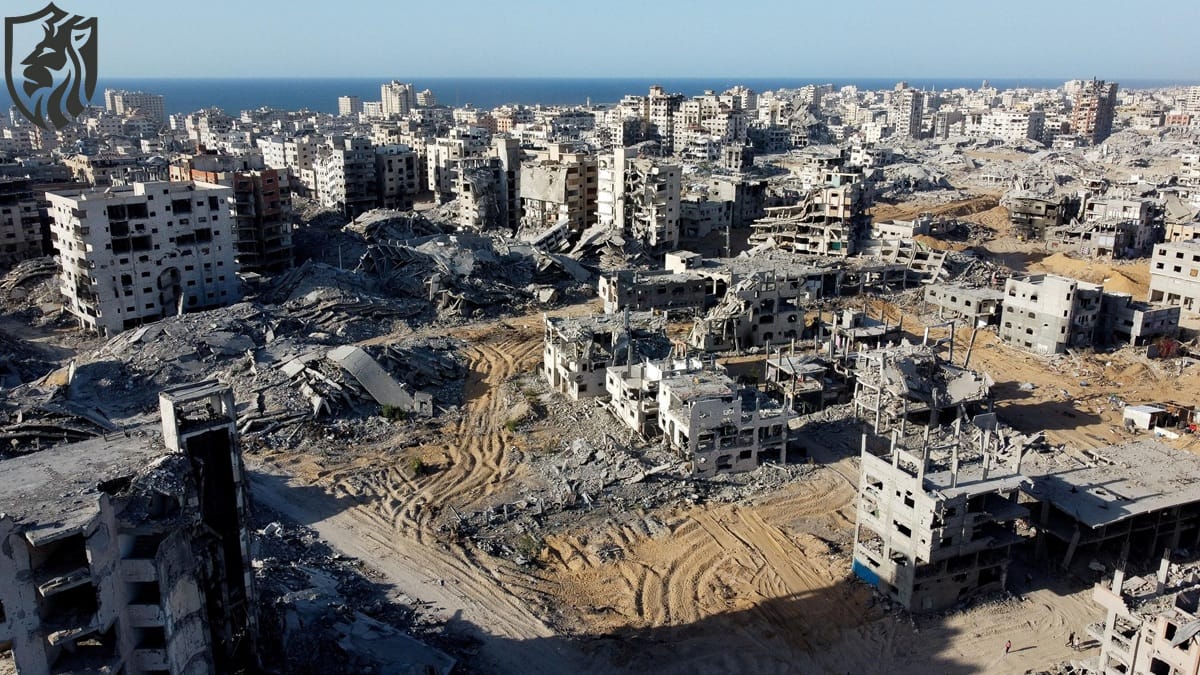
Roles the UK is likely to play
British planners typically excel at information flows, targeting governance, and joint logistics. Consequently, the UK deploys military officers to Israel to map threat vectors, coordinate air and maritime corridors, and reduce miscalculation risks. They can also translate political intent into practical military tasks. This technique is especially useful when multiple nations and agencies work under time pressure.
Stabilisation priorities for Gaza
First, the CMCC must protect humanitarian access. It should coordinate convoys, medical evacuations, and repairs to essential services. Second, it must deter ceasefire violations through rapid incident reporting. Third, it should align security steps with diplomatic milestones. Because the UK deploys military officers to Israel, London can press for measurable indicators, such as the daily convoy throughput and the recovery times for power and water outages.
Legal and political guardrails
Any multinational CMCC needs a clear legal basis. Status-of-forces arrangements, use-of-force policies, and oversight mechanisms must be agreed upon. Furthermore, transparency with regional mediators strengthens legitimacy. As the UK deploys military officers to Israel, Parliament will expect clarity on mandate limits, troop protection, and exit criteria tied to ceasefire benchmarks.
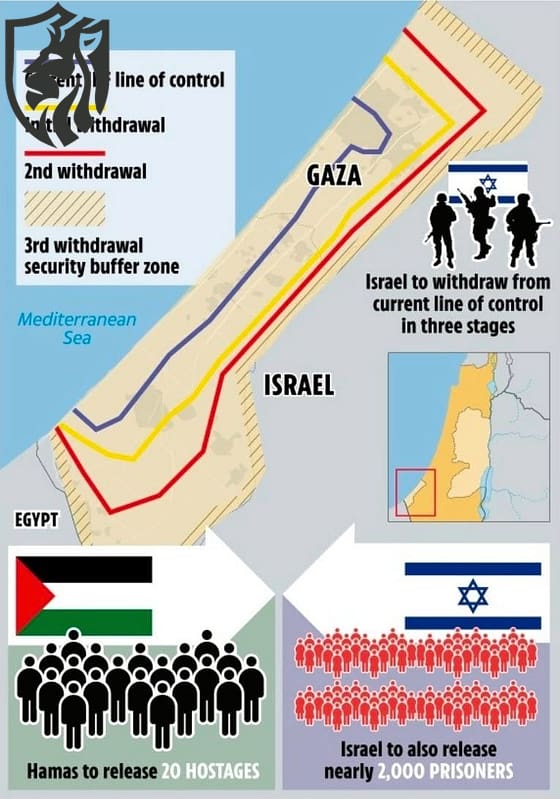
Risks, mitigations, and what to watch
The operating picture will remain complex. Spoilers may target aid routes or exploit information gaps. Therefore, the CMCC should use shared situational awareness tools and strict fratricide-prevention drills. Watch for three signals: the final CMCC structure, confirmed troop contributors, and published humanitarian performance metrics. If these appear, confidence in the truce will grow.
How this aligns with UK strategy
This deployment fits Britain’s broader security posture: support US-led frameworks, reinforce international law, and protect aid operations. It also sustains military influence on a modest scale. Because the UK deploys military officers to Israel, London can make decisions early rather than react later.




